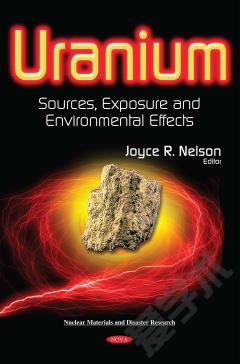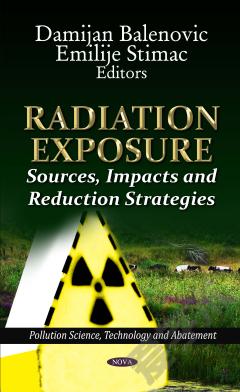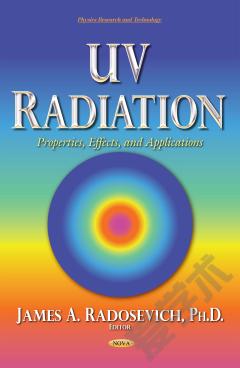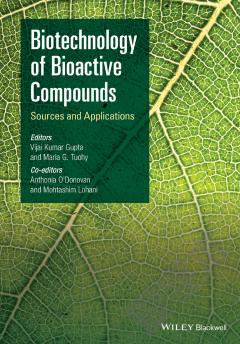Ionizing Radiation: Applications, Sources and Biological Effects
Ionizing radiation is radiation composed of particles that individually can liberate an electron from an atom or molecule, producing ions, which are atoms or molecules with a net electric charge. These tend to be especially chemically reactive, and the reactivity produces the high biological damage caused per unit of energy of ionizing radiation. This new book examines the applications, sources and biological effects of ionizing radiation with a focus on the analytical methods for the identification of irradiated foods; protein kinases as fundamental participants in the response to DNA damage from ionizing radiation; radiative defects in nanocyrstals as compared with those in bulk crystals; mechanical and optical properties of ionic crystals; mtDNA as a marker of radiation damage; antioxidant prophylaxis of radiation stress; and dosimetry characterization of a cobalt-60 y-irradiation facility for the radiation sterilization of insects.
{{comment.content}}








 京公网安备 11010802027623号
京公网安备 11010802027623号